Narrative In Wargaming Part 2: Enter The Games Master!
August 9, 2013 by brennon
So in my last article I discussed (at length) some of the advantages of adding narrative to games and the various ways in which you yourself can do this. Of course there is another way that narrative can easily be added to a game. A way almost forgotten in these modern times but which I absolutely believe still has value and merit. A figure responsible for narrative and flow and arbitration amongst other things. That hallowed figure, much misunderstood. The Games Master or GM.
Unlike the Matrixes Architect however your role as GM need not be to make everything so confusing that heads explode...
The Games Masters role is not a simple one, some people have the misconception that they are little more than a judge, or limited to RPGs. Someone only to be turned to in the event of a ruling question or other query. Nothing could be further from the truth. The fact is that Games Masters, like Ringbearers carry a heavy burden, for it is their responsibility to oversee the game in so many more ways than just rules disputes. A good GM will empower a game and by their very presence increase the enjoyment of the players. They will ensure flow and reward exciting and characterful play. A good GM will have done their homework and will be able to deal with unexpected events and influence the flow of the game whilst remaining completely impartial. Being an all knowing rules god is not required. Being able to make a game fun and exciting for both players is.
You tell 'em Spidey...
So, how can you go about adding a GM to your game? Well, all you need really is a third person. Preferably someone known to both players although this is not essential. A creative ability is very important and a certain amount of theatricality can also be an advantage. A GM can be used at any point in a game. A good GM will be able to adapt to different types of games with ease. You could ask a GM to oversee the game from the ground up, maybe coming up with a scenario and the board layout, or you could just ask them to oversee the actual battle maybe adding narrative as they go. The GM can even play an active part in the game, perhaps controlling an independent force or any wandering monsters. Anyone who has ever worked in a Games Workshop or run a large participation game has been a GM at some point. Even without this experience however, pretty much anyone can adopt the mantle of Game Master.
Treguard, one of the great Games Masters. If you don't know who this is then your childhood was missing something...
Games Mastery can also be applied to any type of game. Obviously it lends itself to certain game types more than others but it is by no means exclusive to RPGs. Rogue Trader for example, the earliest version of Warhammer 40,000, practically required a GM in order to navigate its dense rule set and pseudo RPG nature with its many random generation charts and details. Myself and fellow Conclave of Har member Lee Trayler have spent a lot of time looking at Rogue Trader recently and found its emphasis on narrative and GM most intriguing. It is certainly something we will be visiting again in the near future. More recently however, GWs ill fated specialist game Inquisitor, a game of much promise but perhaps a not robust enough rule set placed a heavy emphasis on GM involvement, again mostly due to Inquistor’s quasi Action RPG stylings, in fact most of GWs specialist games were narrative heavy and their loss is keenly felt. This said however, there is no reason you cannot insert a GM into a game of Warmachine or even a board game like Sedition Wars. Obviously the level of interaction on the part of the GM will vary wildly dependant on the type of game but there is always room for narrative input in any engagement.
See? Being a GM can have its perks!! Actually I was just really struggling to find Google Image results that weren't Patrick Moore...
Taking a table top wargame as an example, the GMs role might be thus:
Before the game even begins the GMs can be responsible for shaping the scenario, perhaps recreate something out of existing fluff, or come up with your own ideas. Consider environmental conditions, NPCs and other indigenous life forms. Think about In game events, things going on outside of the sphere of the battlefield that could directly influence the game. Ways in which this game can affect the next for a campaign. You may want to introduce force limitations, changes to gravity or other physics. Maybe the game takes place in a place where spells and psychics cannot be used. There might be conditions that prevent flyers or vehicles or could limit reserves and reinforcements. Provided you can think of a good narrative reason for it there is no limit to what you can conjure.
A great sourcebook for any aspiring Tabletop GM
Introduce the scenario: Preferably with a little theatrics (sound effects and voice characterisation optional) Make sure that any unique rules and conditions of certain areas of the board are made perfectly clear from the start. Lay out why the forces are fighting, the objectives, motivations. Could the warlords hold a grudge against each other from a previous encounter? Perhaps there are bonus objectives and victory conditions. Each player could have a secret bonus mission. Again you are looking to enhance the game not unbalance it so nothing game breaking.
During the game do everything you can to encourage narrative in the game. Reward in character and exciting play in subtle ways, maybe the occasional re roll or bonus attack or something. Resolve rules contentions in a way that benefits the flow of the game and remains in character. Don’t be afraid to bend game rules slightly if it is in the interest of narrative. The important thing is to keep it balanced and engaging. Again you will need to use your own judgement to ensure that you don’t go too far, that is the sign of a competent GM.
Warhammer 40,000 pretty much required a GM to play. It’s another great reference book.
Should there be a campaign in process perhaps influence the after game stage. Pick units that did particularly well and single them out for special rewards. Perhaps there was a developing grudge over the course of the match and this might come into play in future games. One unit may have been so badly annihilated in the game that it will affect future performances (maybe an impact on a stat or possibly reduce the effectiveness of a special rule.)
These of course are just a few ideas and I must stress overall it is just an idea to perhaps introduce a GM in your games. Don’t feel you need to adopt all of these. Start small, adapt a scenario or tweak some force dispositions or the game setting. The overall objective is to add narrative and flow to proceedings. Don’t unbalance the game and don’t try to re write the rules. Just make subtle changes that can help the flow and narrative of the game. Narrative in wargaming is a MASSIVE part of why I play and something that I will champion and advocate as much as possible. I truly believe it enriches the wargaming experience making it more engaging and enjoyable. So try it out sometime using any of the ideas I have presented across these two articles. Make it personal, make it characterful but most of all make it fun.
Try it out and as always let me know what you think in the comments below.
Conclave of Har
If you would like to submit an article to Beasts of War then please contact me at [email protected]
































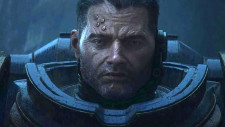
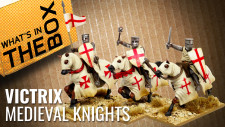


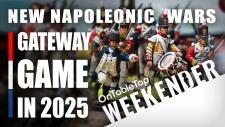




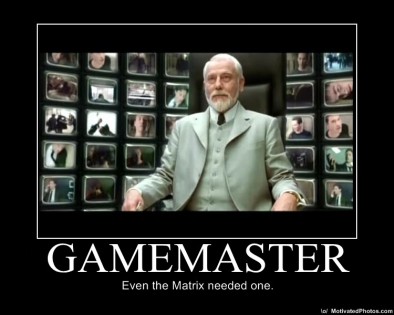
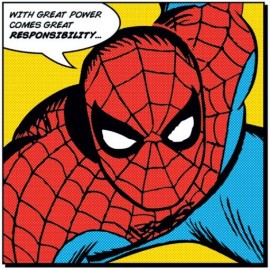
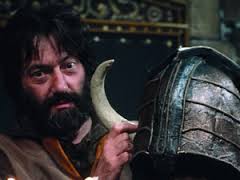

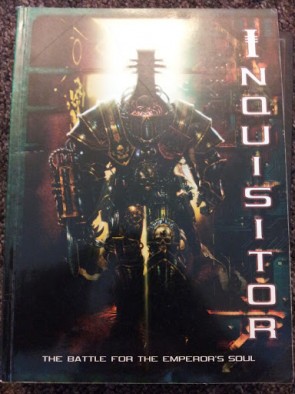
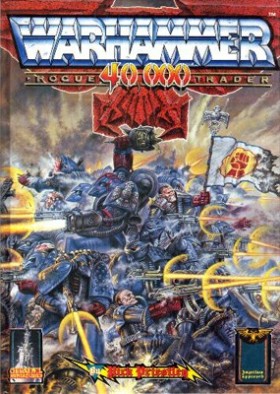


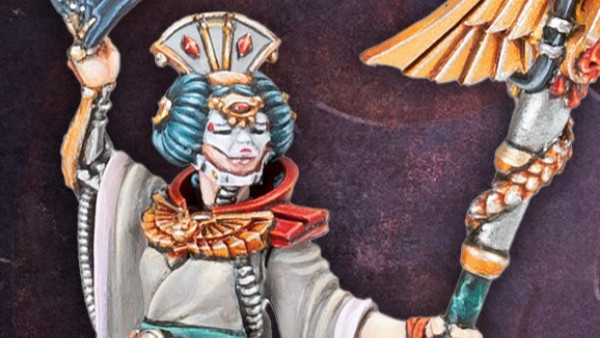

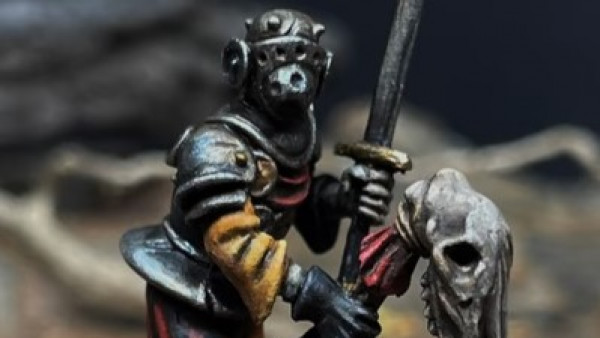

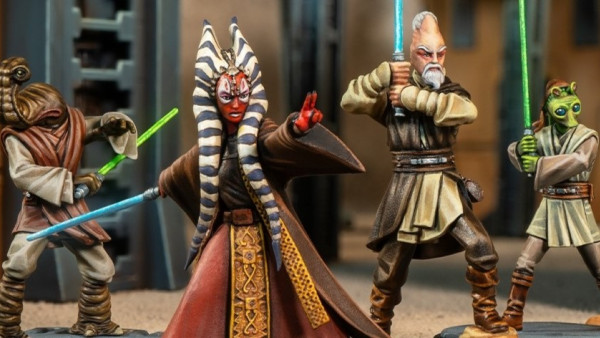
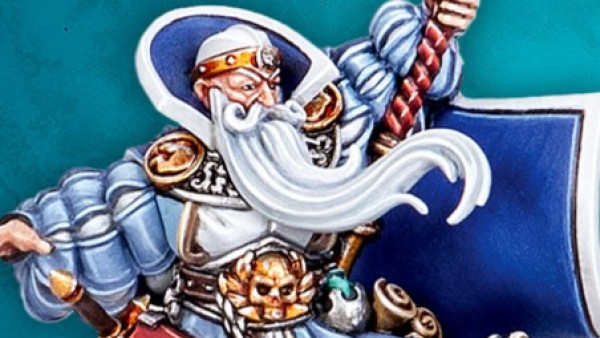

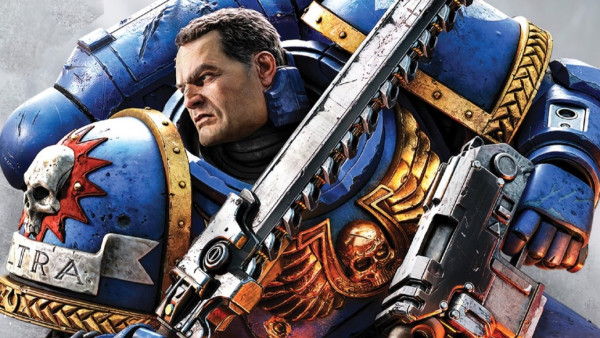

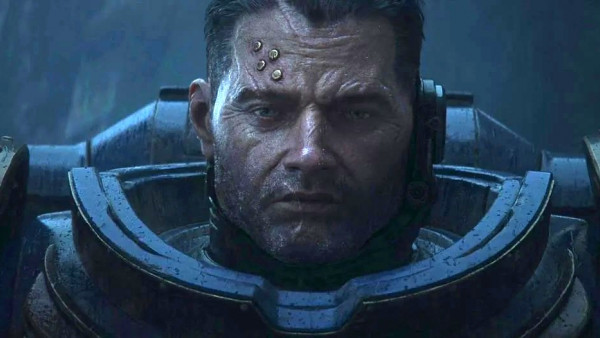

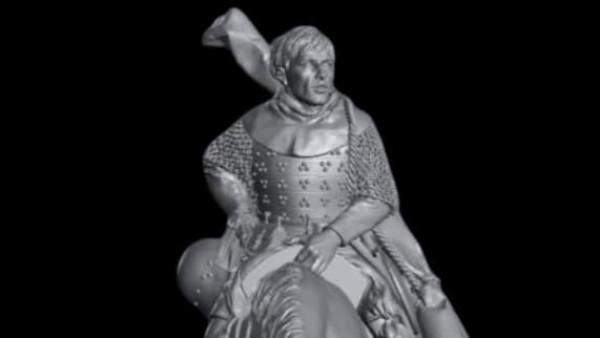
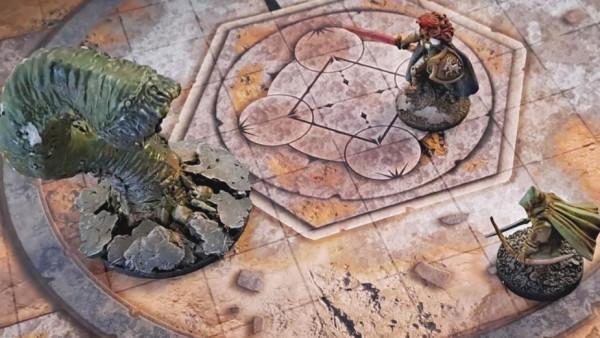
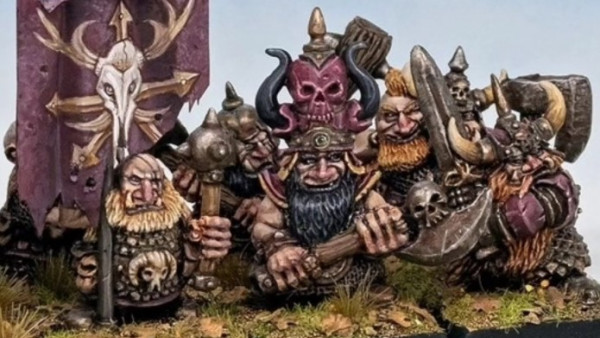
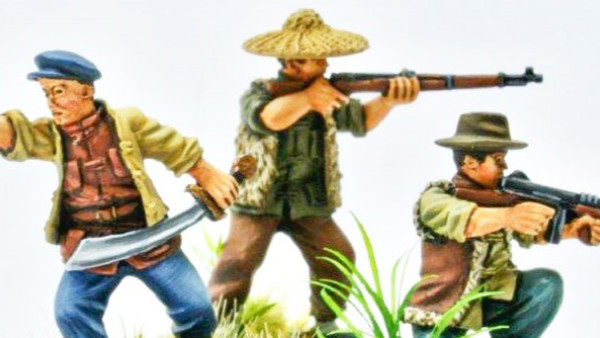
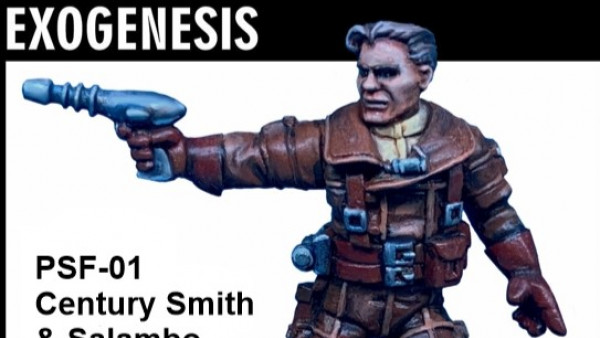
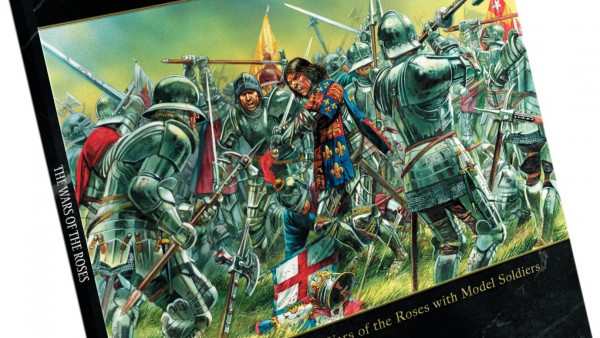
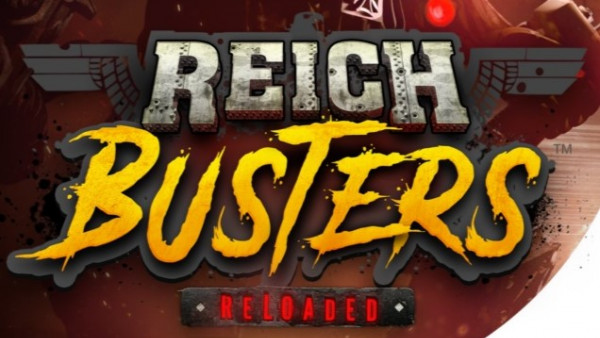
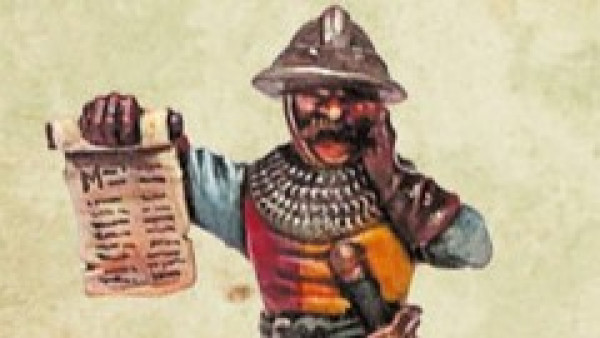
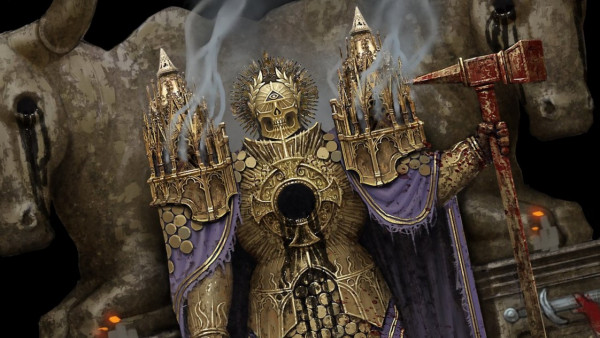
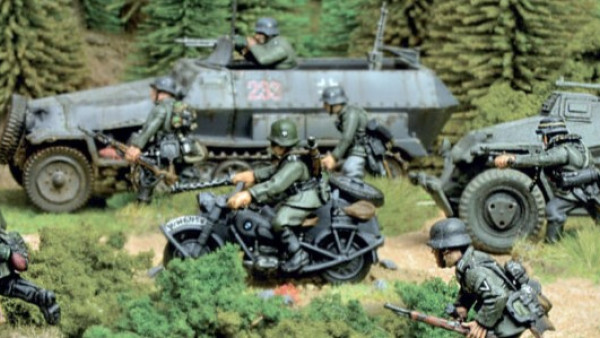
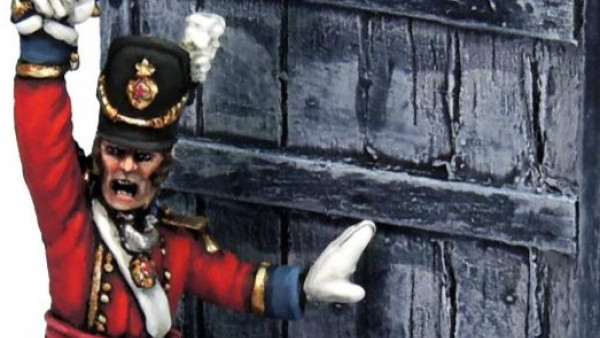
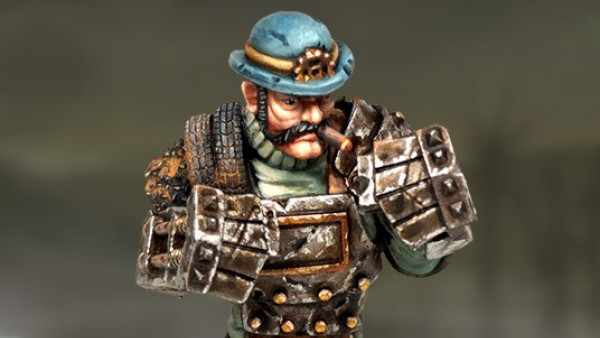
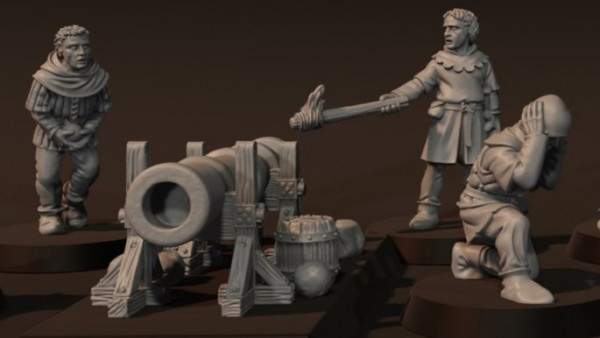
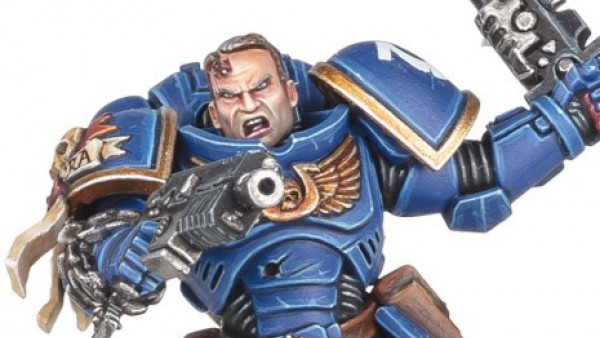
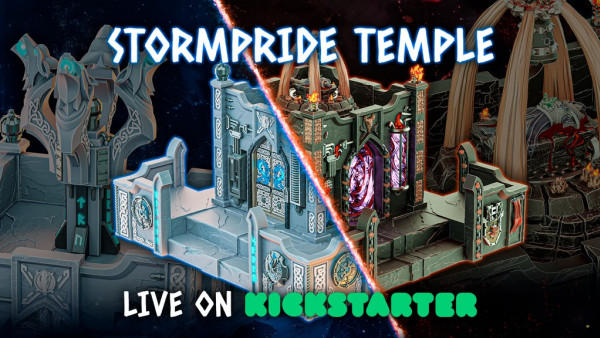
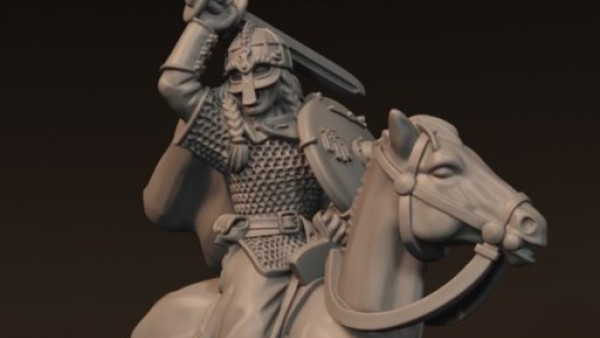
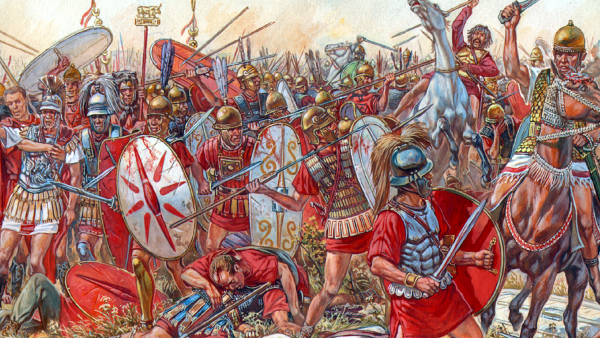
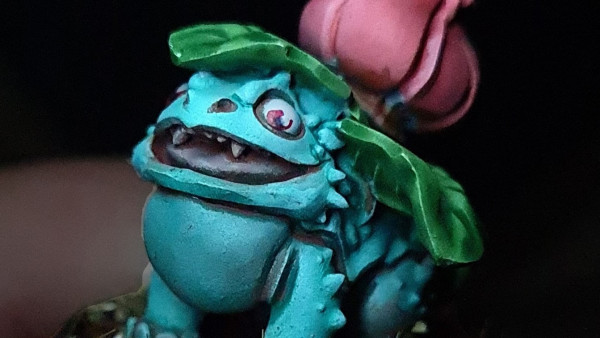
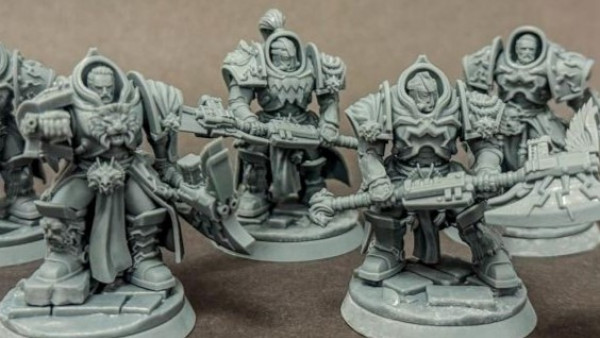
“Rogue Trader for example, the earliest version of Warhammer 40,000, practically required a GM in order to navigate its dense rule set and pseudo RPG nature with its many random generation charts and details. Myself and fellow Conclave of Har member Lee Trayler have spent a lot of time looking at Rogue Trader recently and found its emphasis on narrative and GM most intriguing.” First, at the Wednesday games night, at my shop, (Every Wednesday, mostly, since 1996-ish) I insist on any miniature game that is run, to have a GM, and painted minis, if possible. I used to play… Read more »
Nice article. Thanks for sharing.
Narrative for me is what makes any game enjoyable. Good article.